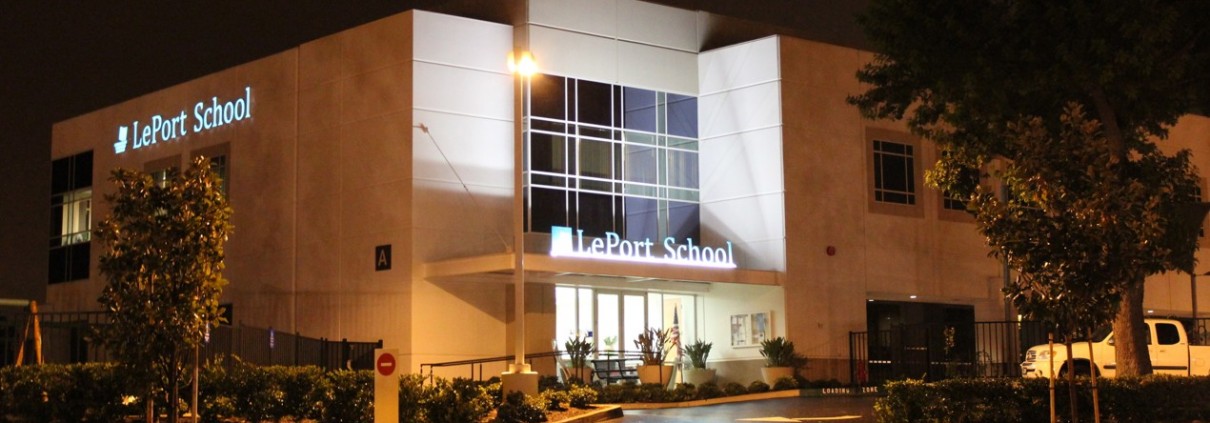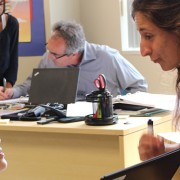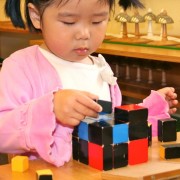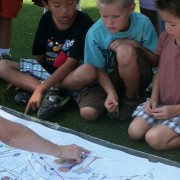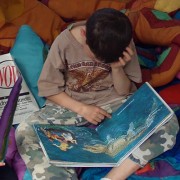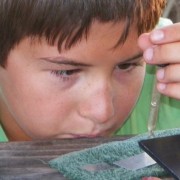Choosing a School
Before I started working with LePort, I once had the following encounter with a friend who was getting ready to send her daughter to school. She excitedly told me that her daughter had been admitted to the Kindergarten class of a private school in the Oakland, California area. Curious to hear more, I asked her how she chose the school. She told me, in great detail, about the school’s beautiful classrooms, the artist-in-residence program, the new auditorium, and the emphasis placed on diversity in the classroom.
I nodded along, impressed. Then I asked her about the curriculum: what her daughter would be taught in Kindergarten and later grades, how the teaching would happen, the content and method of the school, etc. She didn’t know and hadn’t thought to ask about it.
I often remember this encounter when I think about how difficult it is as a parent to figure out how to choose a school. We as parents aren’t education experts. Because we aren’t always sure what to look for, we sometimes get carried away with positives or negatives we observe in one category (e.g. facilities, the appearance of the school, or extracurriculars). We can forget that there are whole other categories that we aren’t considering or factoring into our decision.
It would be as though you went house shopping, saw a house with a gorgeous kitchen that just knocked your socks off, then bought it at once on the basis of the kitchen. Only later you might realize that the plumbing needed to be ripped out and replaced, that there weren’t enough bathrooms to suit your needs, and that the layout was inconvenient, so that you wound up not using a good portion of the house.
If you had catalogued in advance all of the different categories of things you wanted from a house—perhaps made yourself a checklist before visiting—you might not have been so immediately sold. You might have kept investigating and found a house that not only had a gorgeous kitchen, but that met all of your other needs as well.
It’s the same when shopping for schools. Fancy auditoriums and stimulating extracurriculars are valuable and important, but there are other factors that may be even more important. I now know that one of the most important factors that most people don’t consider is the curriculum.
The curriculum is what your child will actually be learning, and how (by what teaching method) he will be learning it. The curriculum is the difference between whether your child learns what he needs to learn or not. Parents should reserve a place of honor for curriculum on their checklist when they evaluate a prospective school.
My guess, though, is that even when parents try to assess a school’s curriculum and teaching methods, they find themselves stumped—hence the need to rely on more visible markers like facilities and extracurriculars. Curriculum is a complex, intangible value that is difficult to evaluate when you visit the school. This is particularly true as it is often communicated in “education lingo”, such as “constructivist math”, “whole language”, or “arts-integrated curriculum”. Having spent some time looking at the websites of other schools, I was surprised at how little information they generally provide on the “what” and “how” of their teaching. (Though most do offer a lot of detail about buildings, athletics and arts programs.)
To help demystify the intangible of “curriculum” and enable a parent to judge for him or herself, I like to break it down as follows (this is the advice we give to prospective parents at LePort, but it would apply to any parent who is trying to evaluate a prospective school):
- Does the school have a clearly defined, written curriculum?
- What core subjects does the school expect all children to succeed at?
- Language arts—including spelling, vocabulary, writing and grammar as separate courses
- Literature—with a focus on classics of today and yesterday (as against basal reader collections or adolescent fiction)
- History—taught as a chronological story which children experience (as against the disconnected grab-bag typically taught in Social Studies)
- Geography—taught as the fascinating study of different cultures
- Mathematics—taught with a dual focus on skill practice and conceptual understanding (as against rote facts memorization or “constructive math”)
- Science—as the exciting discovery of the world, not a memorization of disconnected words and jargon
- Does the school integrate personal development into each child’s day-to-day experience (as against a dry sermon on virtues)?
- Does the school offer a wide range of extracurriculars, field trips and special events to build a community and to celebrate life?
Heike Larson

